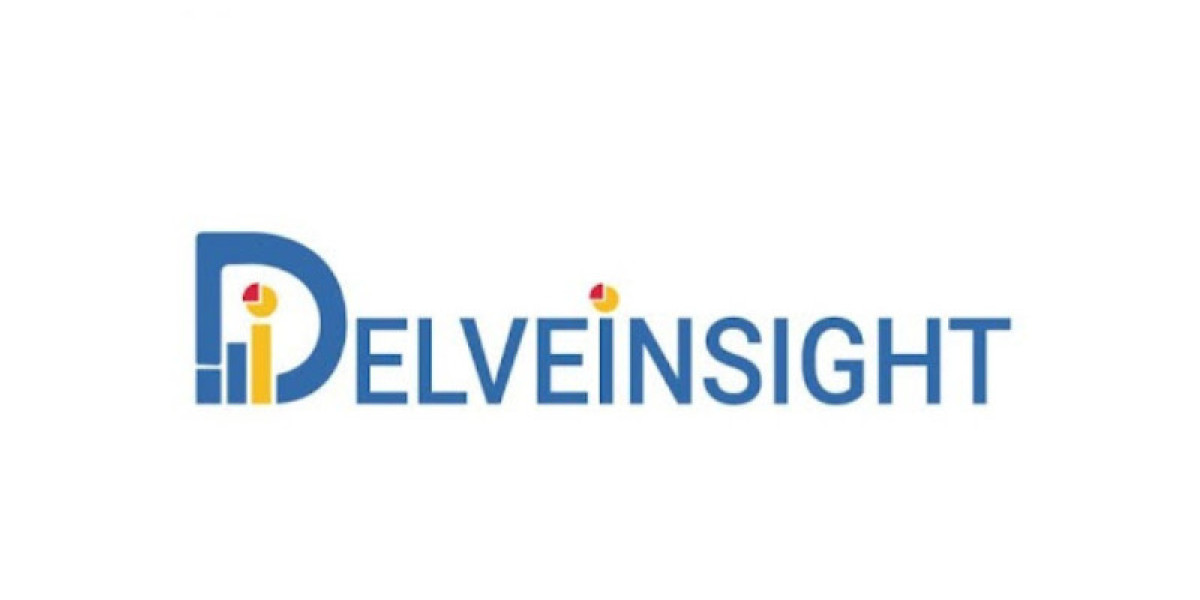Graft Versus Host Disease (GVHD) is one of the most serious complications following allogeneic hematopoietic stem cell transplantation (HSCT). Despite progress in transplantation procedures and supportive care, GVHD still significantly impacts survival rates and quality of life. With deeper insights into disease biology, research and innovation have expanded, shaping an evolving treatment landscape. DelveInsight’s analysis of the Graft Versus Host Disease Treatment Market provides a comprehensive view of trends, therapies, and growth drivers.
Understanding Graft Versus Host Disease Treatment Market
GVHD develops when donor immune cells attack the recipient’s tissues after HSCT. It is broadly divided into:
Acute GVHD
Appears within 100 days post-transplant.
Primarily affects the liver, skin, and gastrointestinal tract.
Chronic GVHD
Occurs later and often mimics autoimmune disorders.
Involves multiple organs with long-lasting complications.
Several factors influence GVHD severity, such as donor-recipient mismatch, conditioning regimen intensity, and preventive strategies. While improved donor matching has reduced incidence, GVHD remains a leading cause of transplant-related complications.
GVHD Market Dynamics
The GVHD Market Dynamics are shaped by rising transplantation procedures, increasing awareness, and regulatory support. However, complexity, treatment variability, and economic challenges remain barriers.
Key Market Drivers
Rising HSCT volumes: More patients with blood cancers and genetic disorders undergo transplantation.
Unmet needs: Many patients relapse or remain refractory to corticosteroids, CNIs, and JAK inhibitors.
Research investment: Biopharma companies are actively developing novel biologics and targeted agents.
Regulatory initiatives: Orphan drug designations and accelerated approvals support market growth.
Current GVHD Treatment Landscape
The Graft Versus Host Disease Treatment Market includes multiple drug classes and approaches:
Corticosteroids: Standard first-line therapy for both acute and chronic GVHD.
Calcineurin inhibitors: Tacrolimus and cyclosporine widely used in prophylaxis.
Antimetabolites and mTOR inhibitors: Mycophenolate mofetil and sirolimus in combination regimens.
JAK inhibitors: Ruxolitinib stands out for steroid-refractory GVHD, with approvals in key markets.
Monoclonal antibodies and biologics: Under clinical testing for targeted immune modulation.
Cellular therapies: Mesenchymal stem cells (MSCs) and regulatory T-cell therapies showing future promise.
Emerging Therapies and Pipeline Outlook
The pipeline for GVHD is strong, shifting toward precision medicine.
Key Areas of Development
New JAK/STAT inhibitors with improved selectivity and safety.
Monoclonal antibodies targeting IL-2, TNF-alpha, and CD20.
BTK and proteasome inhibitors for immune modulation.
Microbiome-based therapies for gastrointestinal GVHD.
Advanced cell-based therapies (MSCs and engineered Tregs) to restore immune tolerance.
This robust pipeline indicates a move toward targeted and personalized treatments in the GVHD Drugs Market.
GVHD Market Size and Growth Forecast
DelveInsight projects that the GVHD Market Size will expand significantly over the forecast period, driven by:
Higher transplantation rates worldwide.
Rising use of haploidentical and unrelated donors.
Regulatory approvals of therapies such as ruxolitinib and belumosudil.
Increased awareness and early intervention strategies.
The U.S. remains the largest market, followed by Europe. Asia-Pacific is expected to see the fastest growth due to greater HSCT adoption and ongoing clinical trials.
Challenges in the GVHD Drugs Market
Despite growth, the GVHD Drugs Market faces barriers:
High prevalence of steroid-refractory cases.
Expensive biologics limiting access in certain regions.
Long-term safety issues from extended immunosuppression.
Disease heterogeneity complicating management and trial design.
Limited availability of predictive biomarkers.
These challenges underline the need for biomarker development, innovative therapies, and improved patient access.
Competitive Landscape
The GVHD Companies leading the market include both major pharmaceutical firms and emerging biotech players. They are advancing late-stage trials, securing regulatory approvals, and expanding treatment portfolios. Strategic collaborations, licensing deals, and acquisitions further intensify competition.
Beyond drug development, GVHD Companies are also investing in patient-centered solutions like digital monitoring tools and companion diagnostics to enhance treatment outcomes.
Future Outlook
The future of the Graft Versus Host Disease Treatment Market looks promising as the focus shifts toward targeted, mechanism-driven therapies. Personalized medicine, biomarker-guided treatment, and cell-based therapies will likely redefine care standards. Preventive strategies and innovations in transplantation techniques are expected to reduce overall GVHD burden while maintaining long-term opportunities due to rising HSCT demand.
Conclusion
Graft Versus Host Disease continues to pose significant challenges in post-transplant care. However, the evolving GVHD Market Size, enriched pipeline, and growing adoption of innovative therapies indicate strong momentum. With contributions from leading GVHD Companies, the GVHD Drugs Market is moving toward safer, more effective, and personalized solutions. While barriers remain, scientific progress suggests a future where GVHD management will be more targeted and accessible.
Latest Reports by DelveInsight:
Acute Pyelonephritis Market | Asperger Syndrome Market | Attention Deficit Hyperactivity Disorder Adhd Market | Cardiopulmonary Management Device Market | Childhood Atropine For Myopia Progression Market | Cholangiocarcinoma Market | Dyspepsia Market | Emphysema Market | Genital Herpes Market | Growth Hormone Deficiency Market | Guillain-barré Syndrome Market | Hairy Cell Leukemia Market | Intestinal Obstruction Market | Malignant Fibrous Histiocytoma Market | Menopause Market | Metabolic Acidosis Market | Multiple Myeloma Market | Neurostimulation Devices Market
About DelveInsight
DelveInsight is a leading Business Consultant, and Market Research firm focused exclusively on life sciences. It supports Pharma companies by providing comprehensive end-to-end solutions to improve their performance. It also offers Healthcare Consulting Services, which benefits in market analysis to accelerate the business growth and overcome challenges with a practical approach.
Media Contact
Company Name: DelveInsight Business Research LLP
Contact Person: Abhishek kumar
Email: abhishek@delveinsight.com
City: Albany
State: New York
Country: United States
Website: https://www.delveinsight.com








